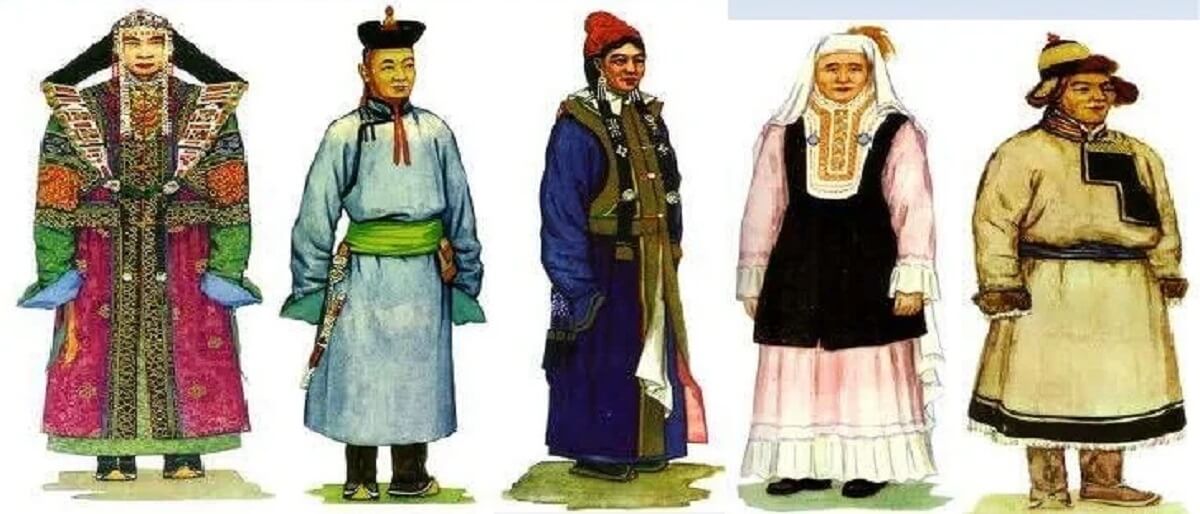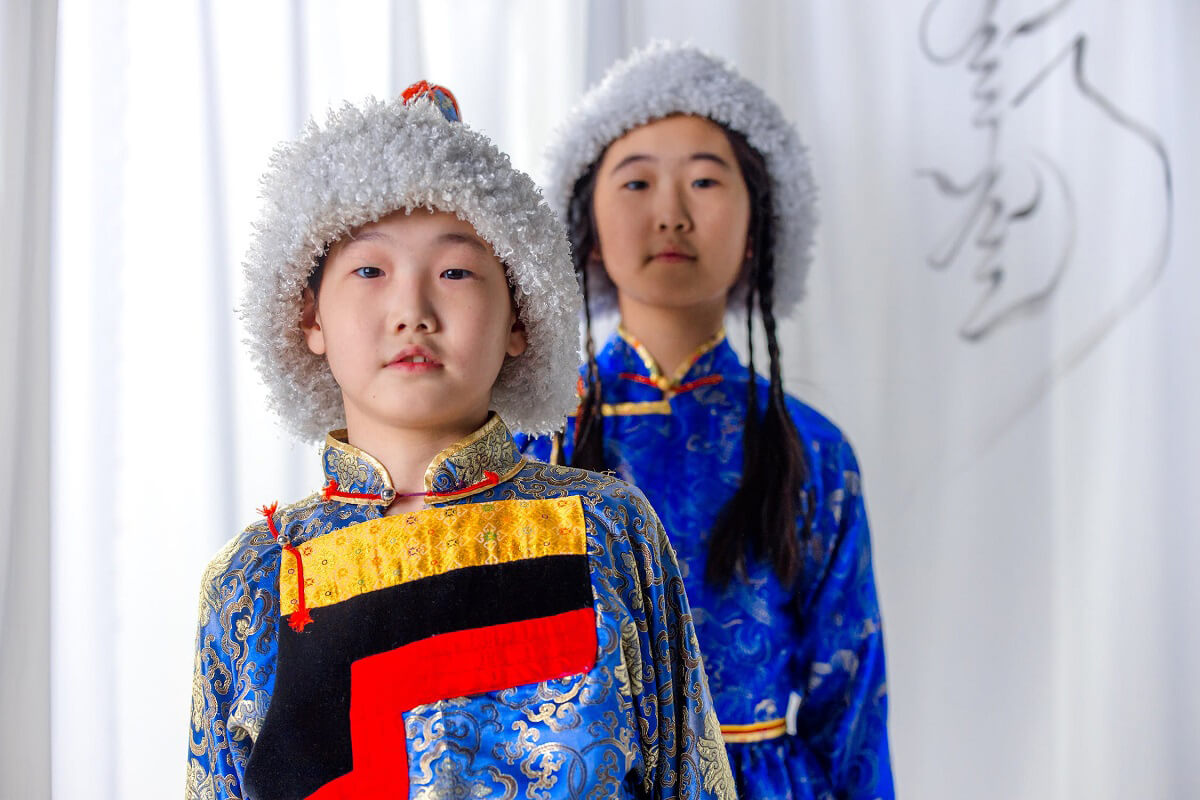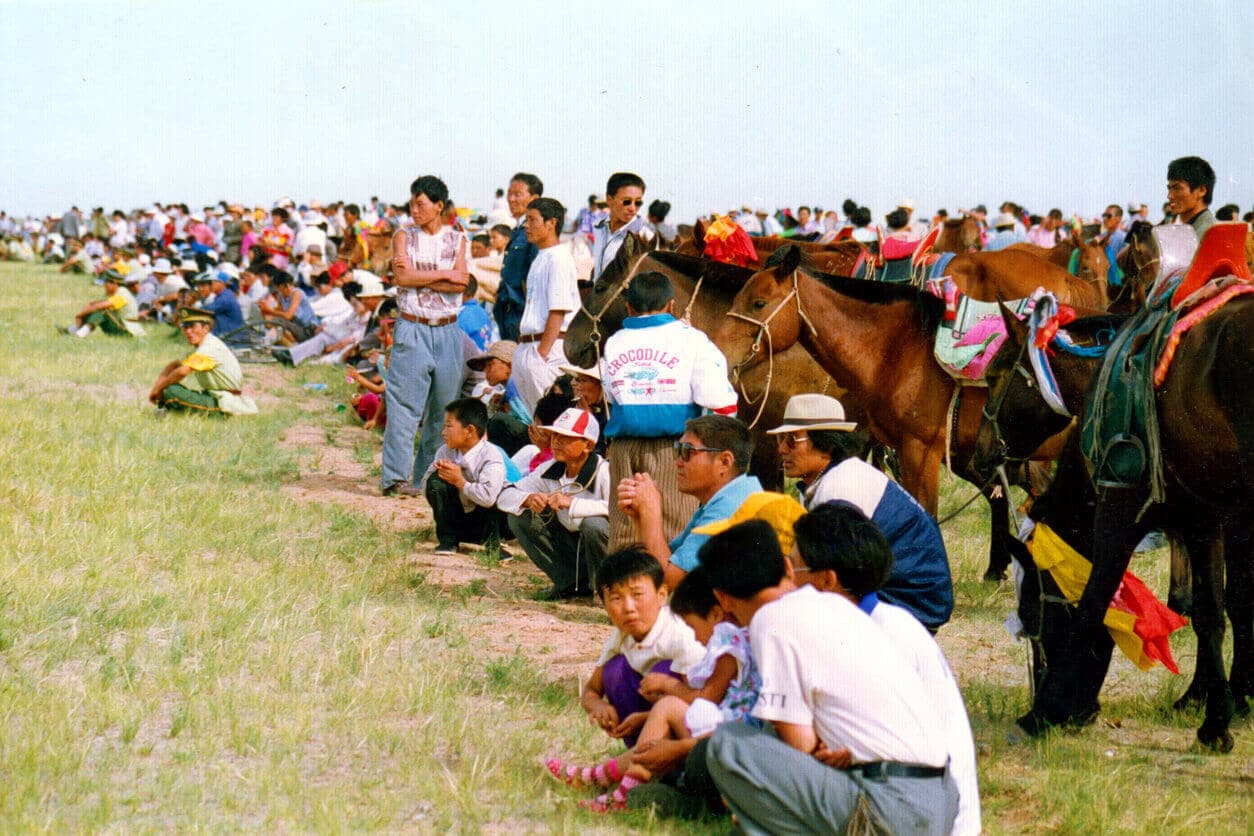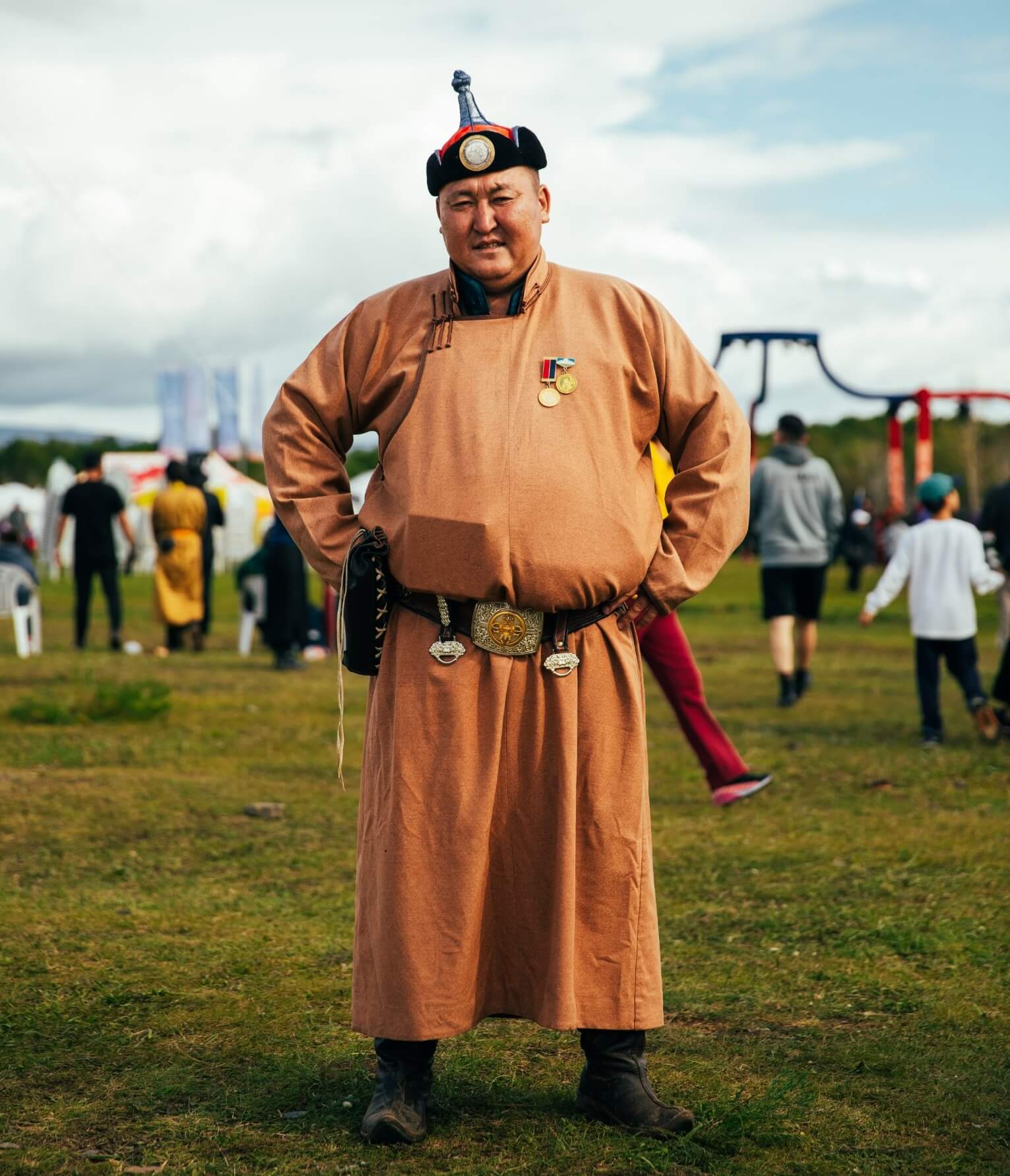Gender Equality in Mongolia:
Introduction: Gender equality is a pressing global issue, and Mongolia has been making significant strides in addressing this matter within its own context.
This article explores the progress, challenges, and future prospects of gender equality in Mongolia.
From empowering women in politics to promoting economic participation and combating gender-based violence, Mongolia’s journey toward gender equality showcases both achievements and areas that require continued attention.
Empowering Women in Politics
Mongolia has made notable advancements in promoting women’s representation in politics. The country has implemented various measures to increase female participation, including the adoption of quotas.

As a result, the number of women in the Mongolian Parliament has steadily increased. However, there is still room for improvement, as women’s representation remains lower compared to their male counterparts.
Efforts are ongoing to encourage greater political engagement and leadership roles for women in Mongolia.
Promoting Economic Participation
Enhancing women’s economic participation is crucial for achieving gender equality. Mongolia has taken steps to address gender gaps in employment, entrepreneurship, and access to financial resources.
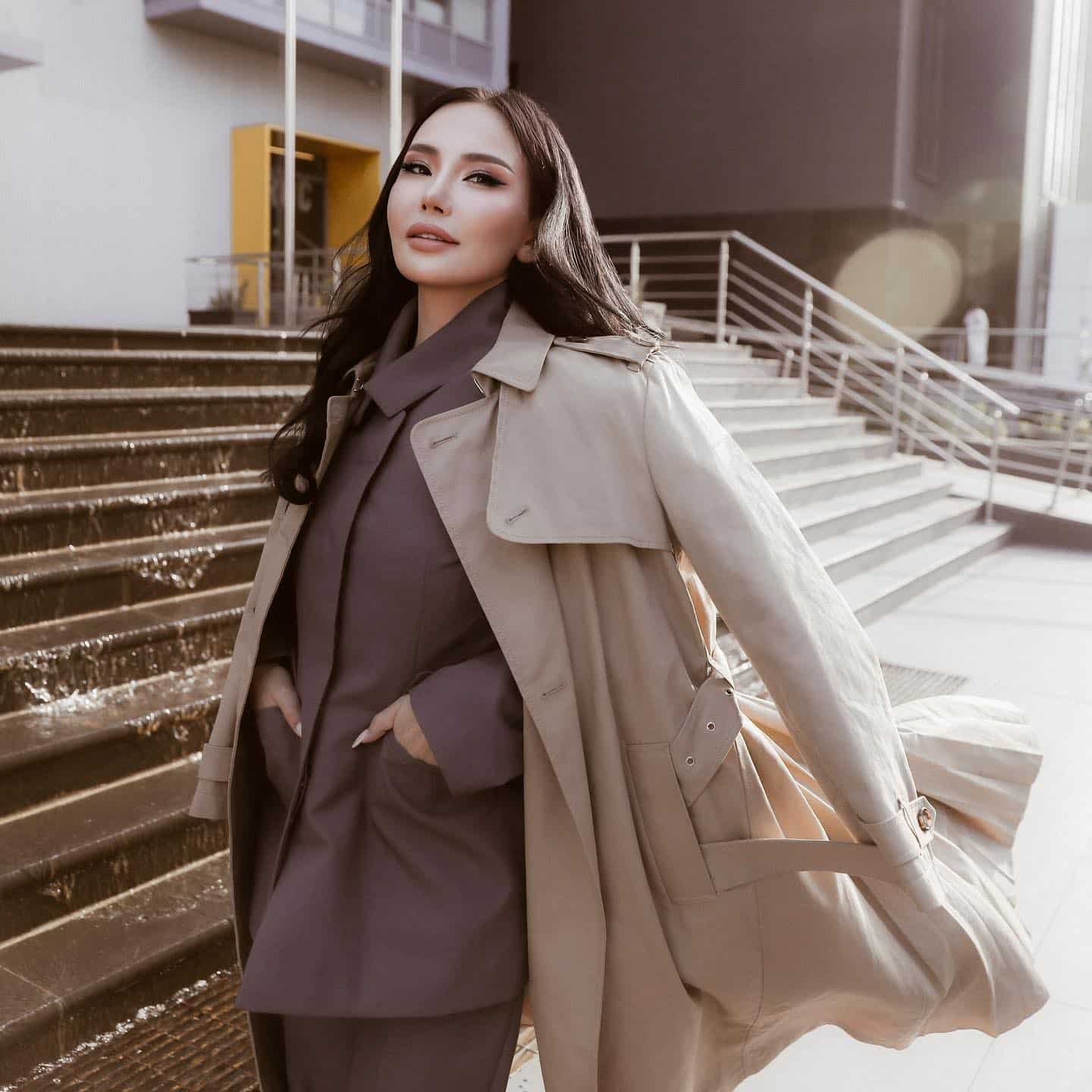
Initiatives such as providing training and support for women entrepreneurs, improving access to credit, and promoting women’s employment in traditionally male-dominated sectors have been implemented.
Continued focus on creating a supportive environment for women’s economic empowerment is essential to further advance gender equality in Mongolia.
Combating Gender-Based Violence
Addressing gender-based violence is a fundamental aspect of achieving gender equality.
Mongolia has taken significant steps to combat violence against women, including enacting legislation and establishing support services for survivors.
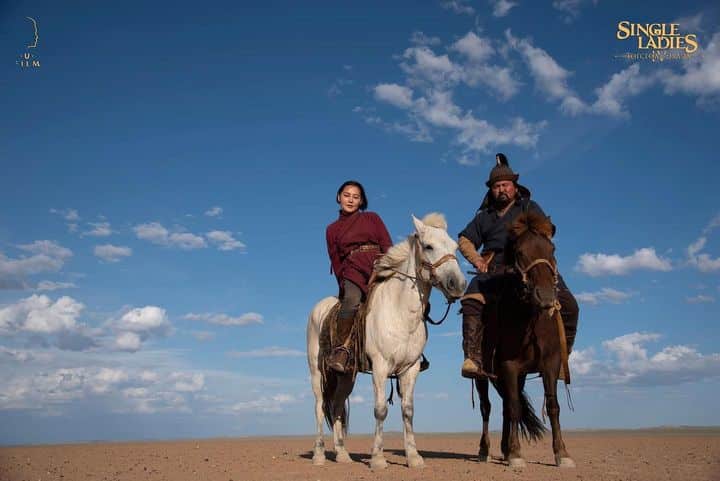
However, challenges persist in terms of raising awareness, ensuring comprehensive legal protection, and eliminating societal stigmas.
Ongoing efforts are needed to strengthen prevention, protection, and response mechanisms to eradicate gender-based violence in all its forms.
Education and Awareness
Education plays a pivotal role in fostering gender equality. Mongolia has made strides in ensuring equal access to education for girls and boys.
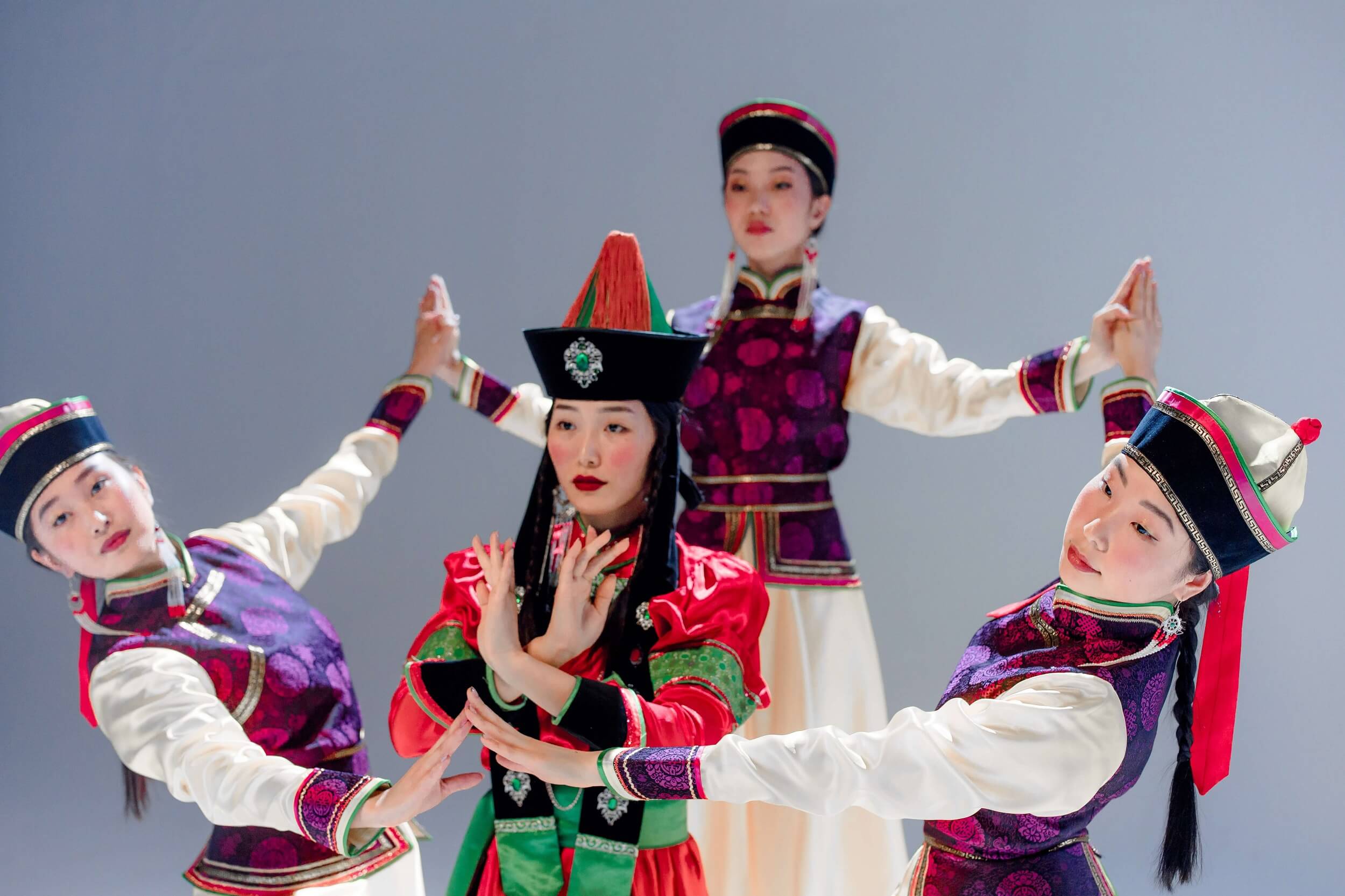
However, there is a need to tackle gender stereotypes and promote gender-sensitive curricula. Empowering young girls and boys with knowledge about gender equality and respect is crucial for building a more inclusive society.
Future Prospects
Looking ahead, Mongolia has the potential to continue its progress towards gender equality.
It requires sustained efforts from the government, civil society organizations, and individuals to promote gender-responsive policies, enhance legal frameworks, and invest in comprehensive gender equality programs.
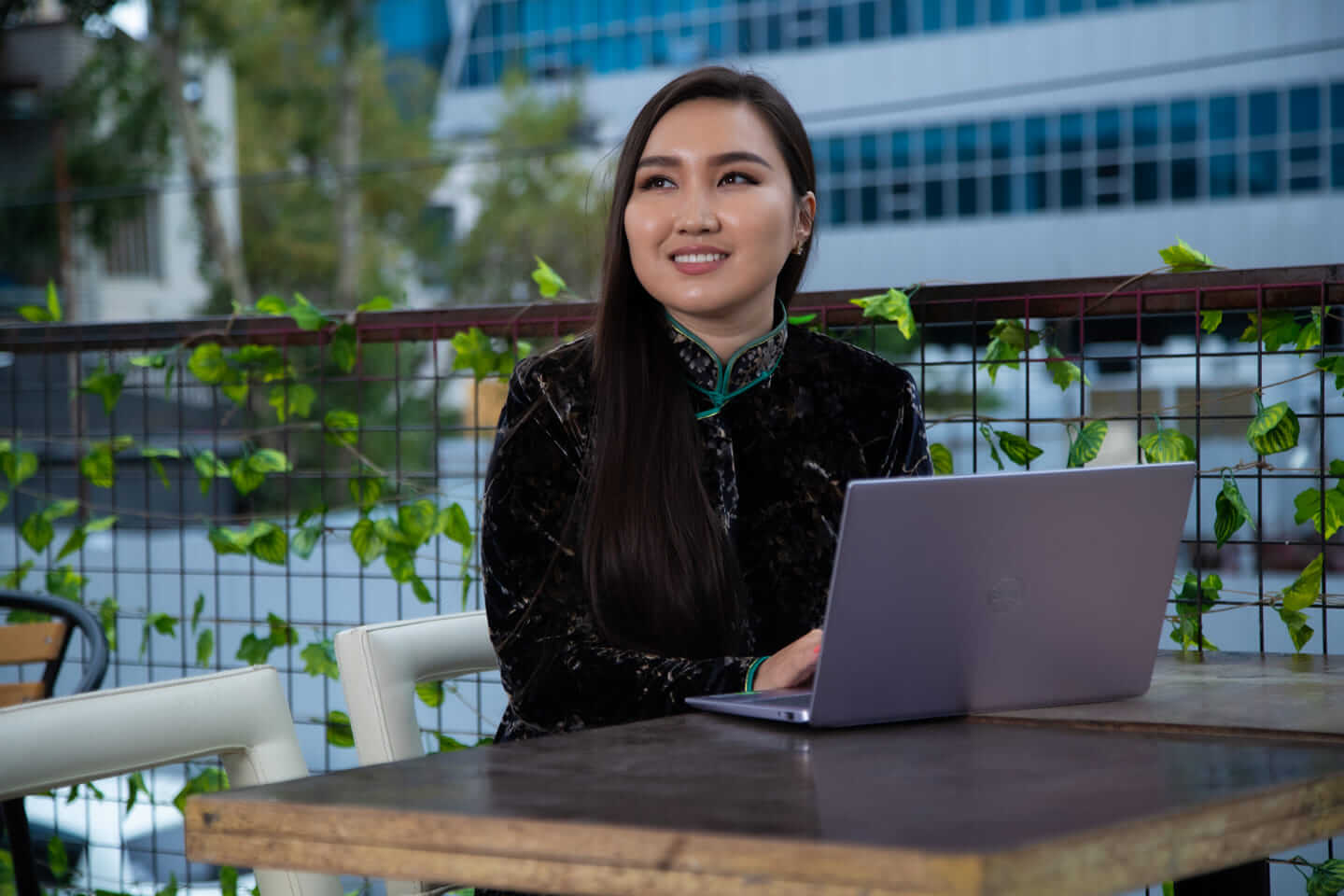
Furthermore, partnerships with international organizations and the exchange of best practices can further accelerate Mongolia’s journey toward achieving gender equality.
Conclusion
Gender equality in Mongolia is a dynamic process, marked by achievements, ongoing challenges, and future possibilities.
The country has made significant progress in empowering women in politics, promoting economic participation, combating gender-based violence, and improving access to education.
However, more work remains to be done to address gender disparities comprehensively.
By fostering dialogue, raising awareness, and taking collective action, Mongolia can strive towards a more equitable society where gender equality becomes a lived reality for all its citizens.
